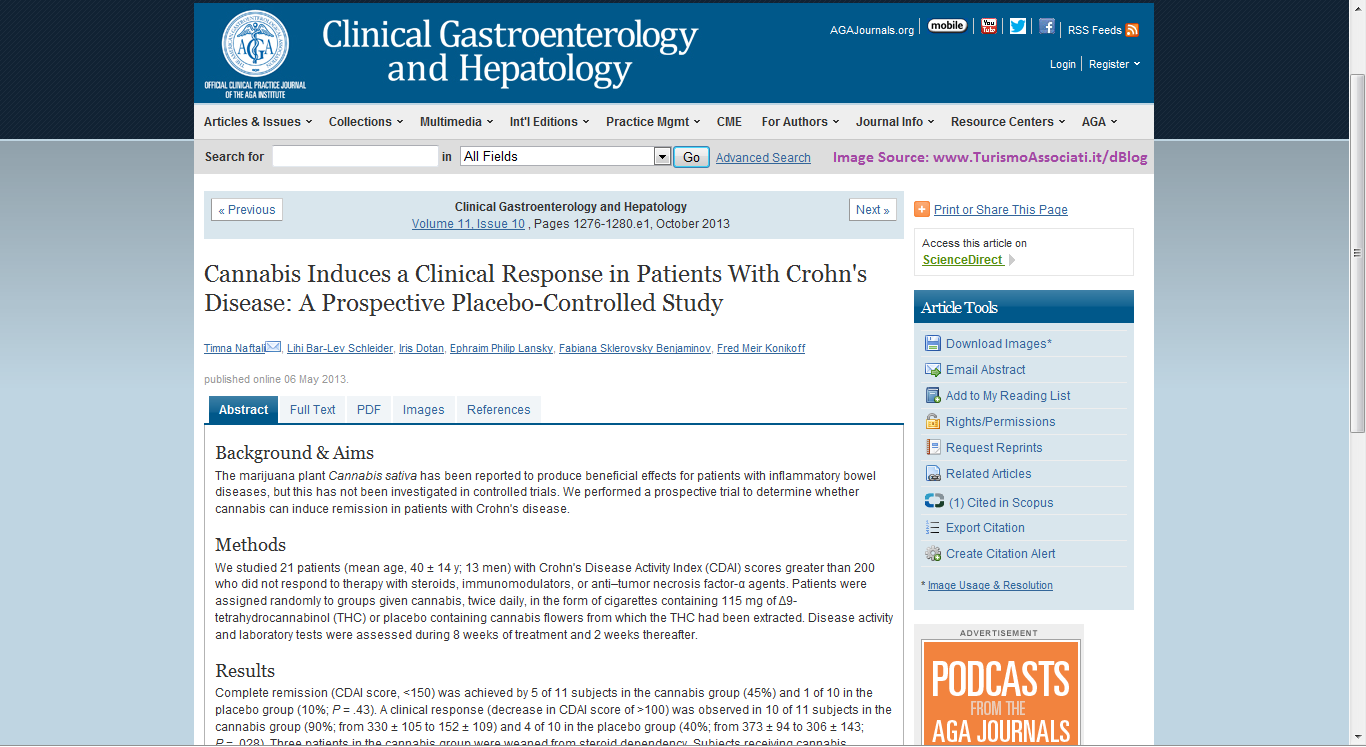Acute lung injury, also known as acute respiratory distress syndrome (ARDS), is a life-threatening condition caused by acute injuries or infections of the lung.

In the latest study, published in the open-access journal PLOS One, researchers from Brazil and Germany were able to protect mice from acute lung injury by increasing levels of one of the body's own cannabinoids, 2-AG (2-Arachidonoylglycerol).
"It was concluded that MAGL inhibition, and consequently the increase in 2-AG levels, produced anti-inflammatory effects in a murine model of LPS (lipopolysaccharide) - induced ALI (acute lung injury), a finding that was considered a consequence of the activation of the CB1 and CB2 receptors."
Like cannabinoids found in marijuana, 2-AG acts on specific pathways in the body called cannabinoid receptors (CB1 and CB2). Immune cells are known to have a high concentration of these receptors.

By activating cannabinoids receptors, scientists have also been able to control overactivity of the immune system – an underlying factor in a wide range of inflammatory diseases, including acute lung injury.
Since immune cells travel via the blood stream, treatment with cannabinoids could be administered without smoking and still have effect.
The researchers conducted the experiments using a chemical named JZL184, which slows the body's breakdown of 2-AG.
While the results need to be confirmed in humans, the team concludes that targeting cannabinoid pathways of the body could be "a useful therapeutic tool for the treatment of inflammatory lung diseases."
The study received funding from Fundação de Amparo à Pesquisa do Estado de São Paulo (FAPESP) and Cnselho Nacional de Desenvolvimento Científico e Tecnológico (CNPq)
Source: LeafScience